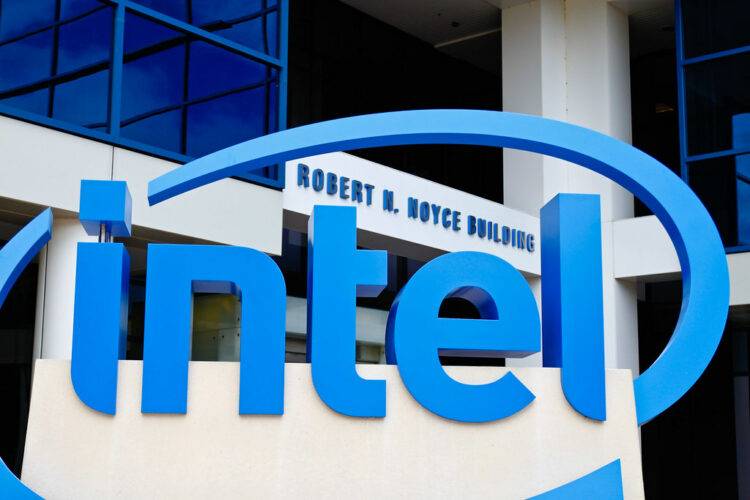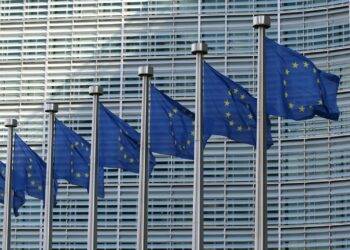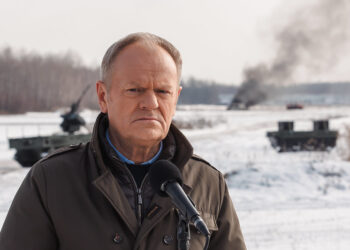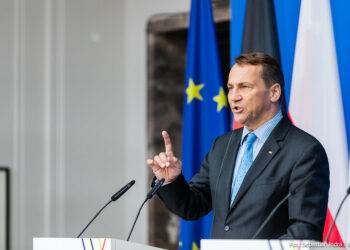The European Commission has given Poland the green light to provide public financial support for Intel’s highly anticipated semiconductor factory. The $1.8 billion in aid will pave the way for Intel’s factory to be built in the Legnicka Special Economic Zone, located in the Miękinia-Środa Śląska Industrial Park near Wrocław. This project, valued at nearly 20 billion PLN (around $4.7 billion), is hailed as the largest foreign investment in Poland’s history.
Vice Prime Minister and Minister of Digitalization, Krzysztof Gawkowski, confirmed the breakthrough on September 13, emphasizing the strategic importance of the factory. “This investment will significantly boost Poland’s economy and enhance its national security,” Gawkowski said during a press conference. The factory will employ around 6,000 people, including 2,000 in its early stages, with a focus on hiring local talent.
Negotiation Challenges Overcome
Concerns had arisen about the project’s future after Poland’s recent change in government. The former Law and Justice (PiS) administration signed the initial agreement, but they failed to submit the necessary aid notification before leaving office. This delay led to uncertainty over whether the project would continue under the new government. However, Friday’s decision by the European Commission has put these concerns to rest, giving the project the go-ahead.
Gawkowski highlighted the extensive efforts to secure the deal: “Today’s decision is a clear testament to the work we have done, correcting the mistakes left by our predecessors.” The European Commission’s approval of over 7.4 billion PLN in public aid will be distributed between 2024 and 2026.
Moving Forward with the Intel Plant
The final steps before construction can commence include an official submission by Poland’s Office of Competition and Consumer Protection (UOKiK) to the European Commission, along with securing approval from the Polish Council of Ministers. Once these formalities are completed, Intel and the Polish government are expected to sign the official agreement by the end of the year, allowing the project to move forward swiftly.
Dariusz Standerski, Poland’s Deputy Minister of Digitalization, expressed optimism, stating that once the agreement is finalized, construction will begin, marking the largest direct foreign investment Poland has seen in decades. The Intel factory, a key part of Europe’s strategy to enhance its semiconductor production capabilities, will play a vital role in the region’s technological advancement.
A Strategic European Hub
The new factory in Poland will be part of a larger network of Intel production sites across Europe. It is designed to work in synergy with Intel’s existing silicon wafer production plant in Ireland and a planned facility in Magdeburg, Germany. Together, these factories will form a robust and technologically advanced semiconductor supply chain, positioning Europe as a major player in the global market.
Intel has applied to the European Commission for its Polish plant to gain the status of an open EU factory, which would allow it to benefit from further support and collaborations across the continent. Poland’s Ministry of Digitalization stressed that gaining this status will be crucial for the project’s long-term success, noting that the deal will need approval from the country’s Prosecutor General’s office due to its size.
Background and Broader Impact
The decision to build Intel’s semiconductor factory in Poland was originally announced during the PiS administration, as part of efforts to attract high-tech investments to the country. The project is seen as crucial to enhancing Poland’s economic resilience, boosting employment, and securing its place in the European and global semiconductor supply chains.
As semiconductor shortages continue to plague global industries, Intel’s investment represents a significant step toward bolstering Europe’s capabilities in this critical sector. Poland is set to become an essential hub for semiconductor production, further integrating the country into the advanced technological framework of Europe.


















